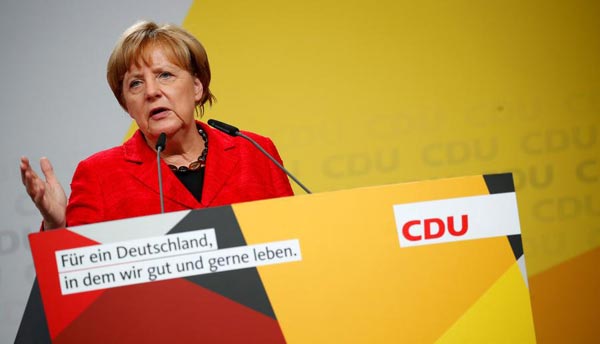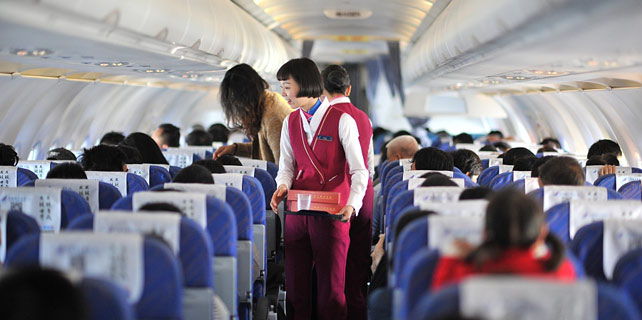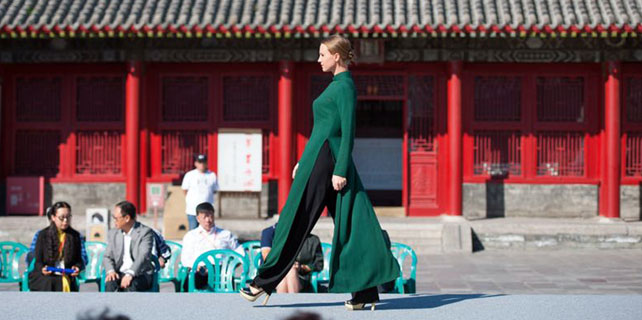Merkel most likely to stay after German federal election: polls
 |
|
German Chancellor Angela Merkel, a top candidate of the Christian Democratic Union Party (CDU) for the upcoming general elections, speaks at an election rally in Schwerin, Germany, Sept 19, 2017. [Photo/Agencies] |
BERLIN - Five days before the German federal election, no potential alternative is seen for either Chancellor Merkel or the continuation of the current German government, transferring the question to how Merkel will form the new German government.
Most polls see Merkel's conservative union (CDU/CSU) comfortably sitting between 35-37 percent, more than 10 percentage points ahead of Germany's other large party, the Social Democrats (SPD).
"Chancellor Merkel will most likely stay," said Thorsten Schneider-Haase, head of political research at research group Kantar Emnid Institute.
As to the potential coalition partner of Chancellor Merkel, there are quite a few coalitions that are possible on paper but impossible in political reality.
Everything is pointing at a continuous coalition between the CDU/CSU and the SPD yet within a 2-percent error margin, so a coalition with the Liberals (FDP) is not completely off the table, since it's currently polled between 8-9 percent and thus ready to re-enter the German parliament.
Similar to many other European countries, the political landscape in Germany has changed fundamentally over the past two decades.
Both polled around 10 percent, the populist right-wing party AfD and the far-left party Die Linke increased the number of parties that have passed the 5-percent hurdle to enter the German parliament from four to six.
The increase in the number of represented parties has made it very hard for the coalitions of the old days - either conservatives and liberals or social democrats and the green party - to get a majority in Germany.






















